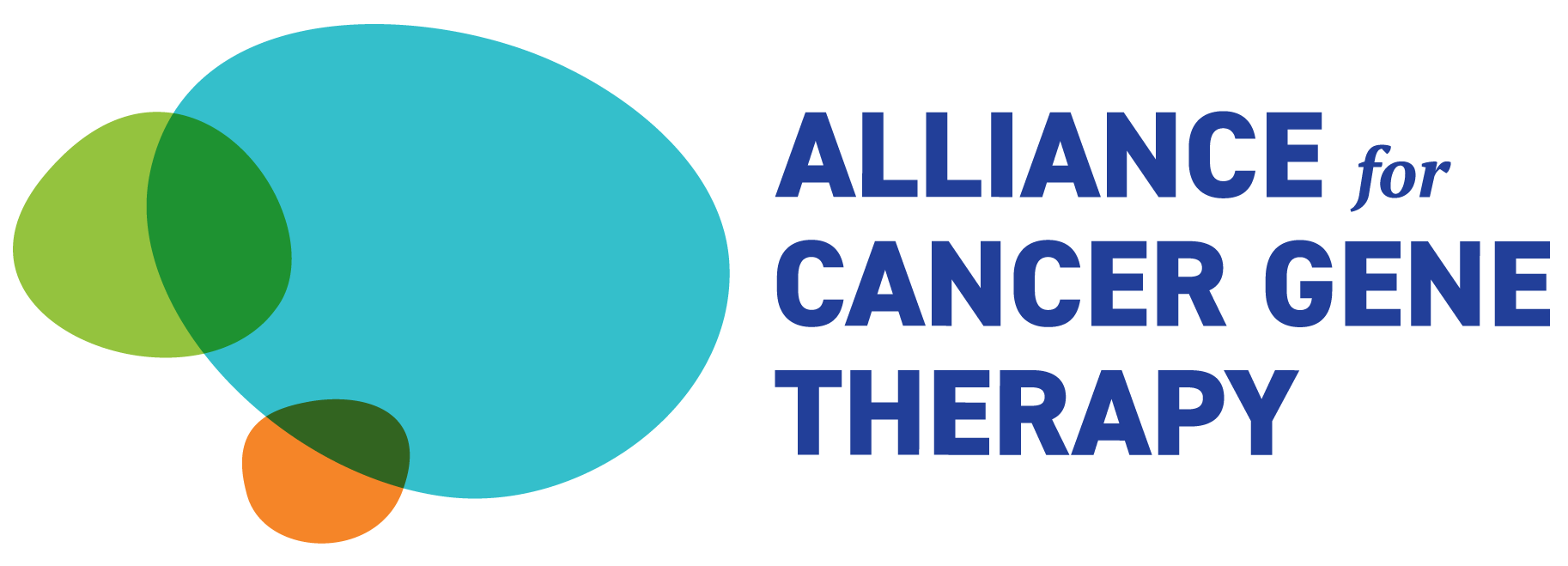
ACGT's Highlights From the International Oncolytic Virotherapy Conference

Take a look back at the 2023 conference, hosted by the University of Calgary and McMaster University, and held in Banff, Alberta, Canada.
The International Oncolytic Virotherapy Conference (IOVC) launched more than 20 years ago at the inaugural meeting in Rochester, Minnesota, hosted by the Mayo Clinic. Since then, a passionate group of scientists and clinicians has embarked on a mission to establish a world-class Oncolytic Virus Therapy Conference, bringing together clinicians, academic researchers, and biotech companies in the field.
This year the conference was hosted by the University of Calgary and McMaster University and held in Banff, Alberta, Canada.
The conference enables sharing and discussing the advancements in
Many of Alliance for Cancer Gene Therapy’s Scientific Advisory Committee members and Research Fellows participated in the conference, including:
John Bell, PhD , of Ottawa Hospital Research Institute, provided the closing keynote address for the conference taking attendees on a journey through the history of oncolytic viral discovery and development and presenting new findings that may lead to new therapeutic approaches.E. Antonio Chiocca, MD, PhD , of Brigham and Women’s Hospital, who presented his recent Nature paper, “Oncolytic Immunotherapy links immuno-activation to subject survival in Phase I Trial of Recurrent Glioblastoma” (ACGT provided grant funding to support Dr. Chiocca’s translational research that enabled the trial).Noriyuki Kasahara, MD, PhD , of the University of California, San Francisco, presented “Retroviral Replicating Vectors: Mechanisms and Machinations” tracking his ongoing research (Dr. Kasahara’s research was also supported by an ACGT academic grant).Stephen J. Russell, MD, PhD , CEO of Vyriad, provided a presentation on “Engineering VSV-G for targeted in vivo CAR gene delivery and oncolytic virotherapy.”Juan Fueyo, MD , of the University of Texas MD Anderson Cancer Center, presented his work on the “Combination of oncolytic adenovirus with modulators of the immune checkpoints” (Dr. Fueyo’s research is funded by ACGT).Stephen Thorne, PhD , of KaliVir Immunotherapeutics, presented “Novel Oncolytic Viral Immunotherapy VET3-TGI displays enhanced systemic delivery and inhibits TGF β -signaling while augmenting Type-1 immune response in the tumor.”
Additional ACGT Scientific Advisory Committee members and Research Fellows who participated in the conference included:
Other clinical trial presentations of note included:
- “Rationale and Interim Results for Ph1 Combination of VCN-01 Oncolytic Adenovirus and Mesothelin-Specific CAR-T Cells in Patients with Pancreatic and Ovarian Cancer” by Neil Sheppard, DPhil, of the University of Pennsylvania – This phase I trial studies the side effects and best dose of VCN-01 in combination with a type of CAR T-cell therapy called huCART-meso in treating pancreatic cancer that cannot be removed by surgery or has spread to other places in the body, or ovarian cancer that remains despite treatment or has come back.
- “Neoadjuvant CAN-2409+Prodrug Plus Chemoradiation for Borderline Resectable and Locally Advanced Non-Metastatic Pancreatic Adenocarcinoma (PDAC)” by Candel Therapeutics – This ongoing phase 2 clinical trial is designed to evaluate the safety, preliminary efficacy, and biologic activity of a 2-3 injection regimen of CAN-2409 plus prodrug (valacyclovir or acyclovir) in patients with borderline resectable pancreatic cancer who are being treated with neoadjuvant chemoradiation or stereotactic body radiation therapy.
During the closing dinner of the conference, Dr. Russell presented Dr. Chiocca with the “Golden Virus Award” for outstanding leadership in the oncolytic virus field.
Newsletter
Stay at the forefront of cutting-edge science with CGT—your direct line to expert insights, breakthrough data, and real-time coverage of the latest advancements in cell and gene therapy.















